Image of 1968 Dodge Polara, Note: These illustrations use artistic license and may differ from actual historical models.
Performance Metrics
Fundamental Metrics
Emotional Appeal
MMP Rating
| Engine Specifications | |
|---|---|
| Engine: | 318 cu in (5.2 L) V8, 383 cu in (6.3 L) V8, 440 cu in (7.2 L) V8 |
| Displacement: | 318-440 cu in |
| Horsepower: | 230-375 hp |
| Torque: | 340-480 lb-ft |
| Compression Ratio: | 8.5:1 - 10.1:1 |
| Ignition System: | Conventional breaker-point ignition system |
| Cooling System: | Liquid-cooled |
| Performance Specifications | |
| 0-60 Time: | 8-10 seconds |
| 1/4 Mile Time: | 15-17 seconds |
| Top Speed: | 120-130 mph |
| Transmission and Drive | |
| Drive Type: | Rear-wheel drive |
| Transmission Type: | 3-speed automatic, 4-speed manual |
| Fuel and Efficiency | |
| Fuel System Type: | Carburetor |
| MPG: | 10-12 mpg |
| Dimensions and Brakes | |
| Brakes: | Front disc brakes and rear drum brakes |
| Wheelbase: | 122 inches |
| Weight: | 3,500-3,900 lbs |
Note: Specifications for classic cars are given to the best of our ability, considering the limited and variant data available.
Introduction
The 1968 Dodge Polara stands as a testament to American automotive ingenuity during an era of style and power. Born from the fervent competition of the muscle car era, this full-sized vehicle offered a blend of comfort and performance that captured the hearts of many. Dodge, a division of Chrysler Corporation, was known for producing vehicles that were both robust and stylish, and the Polara was no exception. A unique fact about this model year is that it marked the introduction of the "fuselage" body design, which would become a characteristic feature for Dodge in the subsequent years.
Design and Innovation
The exterior styling of the 1968 Dodge Polara exuded confidence with its long, sleek lines and broad grille. The car's design was a harmonious balance between elegance and aggression, making it stand out in a crowd. Inside, passengers were greeted with a spacious interior that boasted high-quality materials and meticulous craftsmanship. The dashboard was an exercise in functional design, with gauges and controls placed within easy reach of the driver.
Technologically, the Polara featured advancements such as optional disc brakes and head restraints. Color options ranged from subdued to vibrant, with hues like "Sunfire Yellow" and "Turquoise Metallic" catching buyers' eyes. The most popular body style was arguably the two-door hardtop, which offered a sporty yet sophisticated silhouette.
Historical Significance
The 1968 Polara's impact on automotive design was significant; its "fuselage" styling would influence Chrysler products for years to come. In an age where muscle cars were gaining traction, the Polara managed to offer both performance and luxury without compromising either. It stood apart from its contemporaries by providing a level of sophistication that was uncommon in full-sized American cars at that price point.
Performance and Handling
The Polara's performance was impressive for its class, with engine options that included the formidable 440 cubic inch V8. This powerplant could propel the car from 0-60 mph in under 8 seconds—a remarkable feat for a vehicle of its size. Handling was also commendable; despite its dimensions, the Polara navigated turns with poise and absorbed road imperfections with ease. Drivers often praised the smooth ride quality and the throaty rumble of the engine that added to the car's character.
Ownership Experience
Owners used their Polaras for various purposes: as reliable daily drivers, stylish show cars, or even as base models for drag racing modifications. Maintenance was straightforward thanks to the simplicity of its mechanical components, making it accessible for average owners to perform repairs. However, as with many vehicles from this era, rust could be an issue if not properly managed.
Fun Facts
The 1968 Dodge Polara may not have been as famous as some muscle cars of its time but did have its share of limelight moments. For instance, it served as a pace car at various racing events. Criticisms typically focused on its size; some considered it too large for practicality in urban settings.
Collector's Information
Today, collectors value the 1968 Dodge Polara for its unique blend of style and performance. While production numbers were not scarce—Dodge manufactured tens of thousands—it is becoming increasingly rare to find one in excellent condition. Values range significantly based on condition but expect well-maintained examples to fetch anywhere from $15,000 to $30,000 or more at auction. The market has shown appreciation for well-preserved or expertly restored Polaras over time.
Conclusion
The 1968 Dodge Polara is more than just a classic car; it's a piece of American automotive history that represents an era where power and elegance coexisted seamlessly under one roof—or in this case, one sleek "fuselage" body. Its legacy continues to resonate with enthusiasts who appreciate its distinctive style and robust performance.
1968 Dodge Polara Catalog of Parts
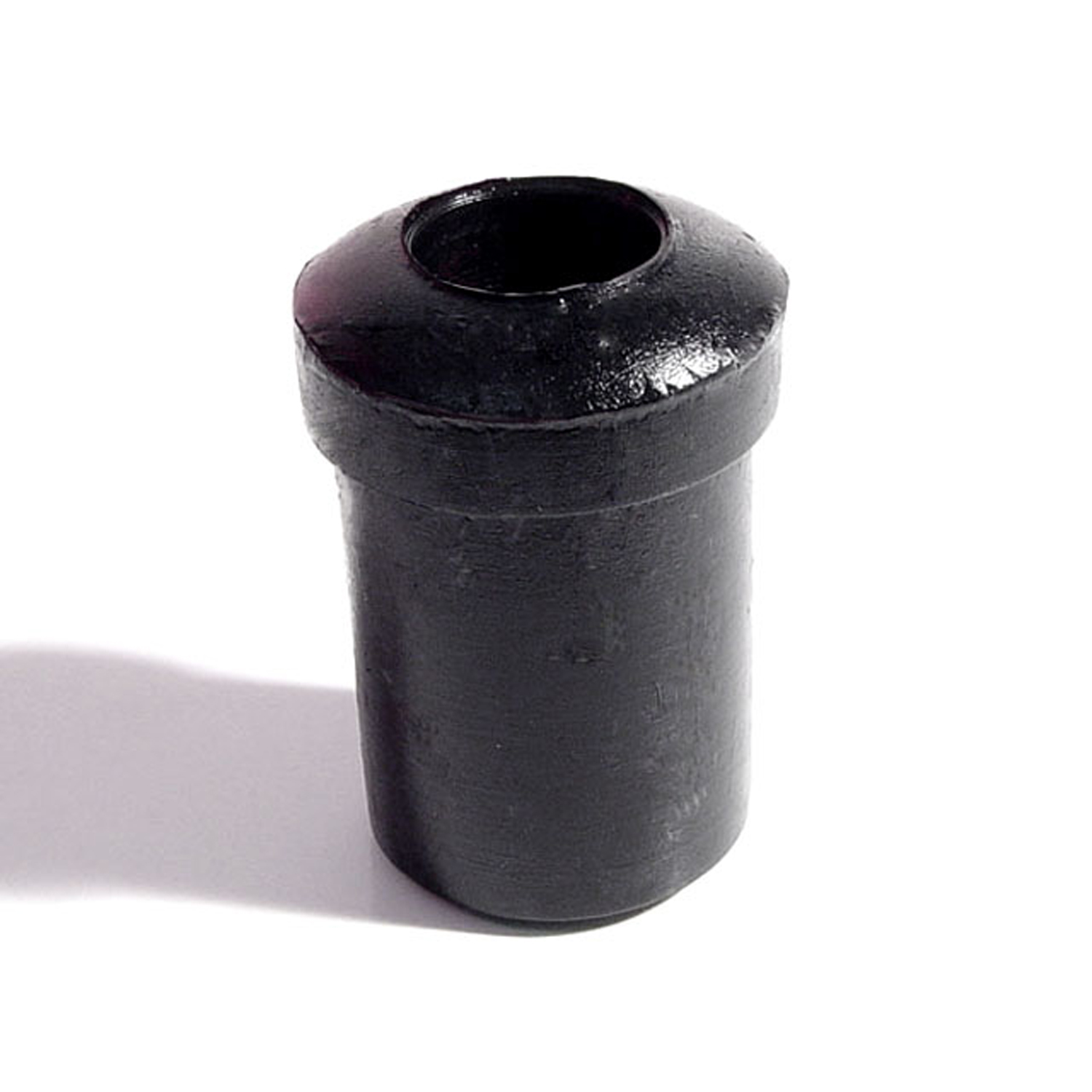 1968 Dodge Polara Spring and Shackle Bushing. 1" bottom O.D-BN 20Spring and Shackle Bushing. 1" bottom O.D. X 1-5/8" high, with 9/16" I.D. Each
1968 Dodge Polara Spring and Shackle Bushing. 1" bottom O.D-BN 20Spring and Shackle Bushing. 1" bottom O.D. X 1-5/8" high, with 9/16" I.D. Each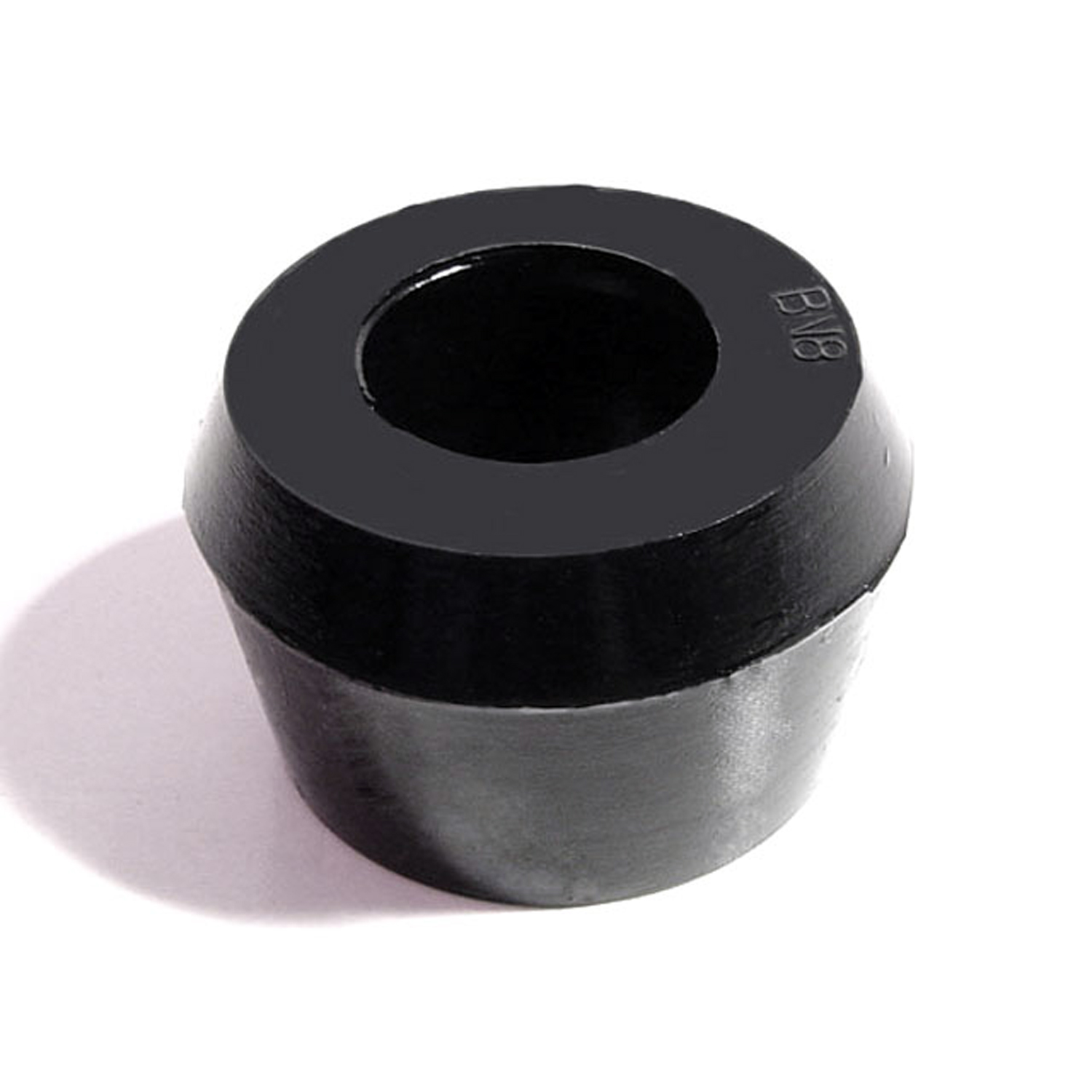 1968 Dodge Polara Shock Absorber Grommet. 1-1/4" bottom O.D-BN 8Shock Absorber Grommet. 1-1/4" bottom O.D., 1" high, with 3/4" I.D. Each
1968 Dodge Polara Shock Absorber Grommet. 1-1/4" bottom O.D-BN 8Shock Absorber Grommet. 1-1/4" bottom O.D., 1" high, with 3/4" I.D. Each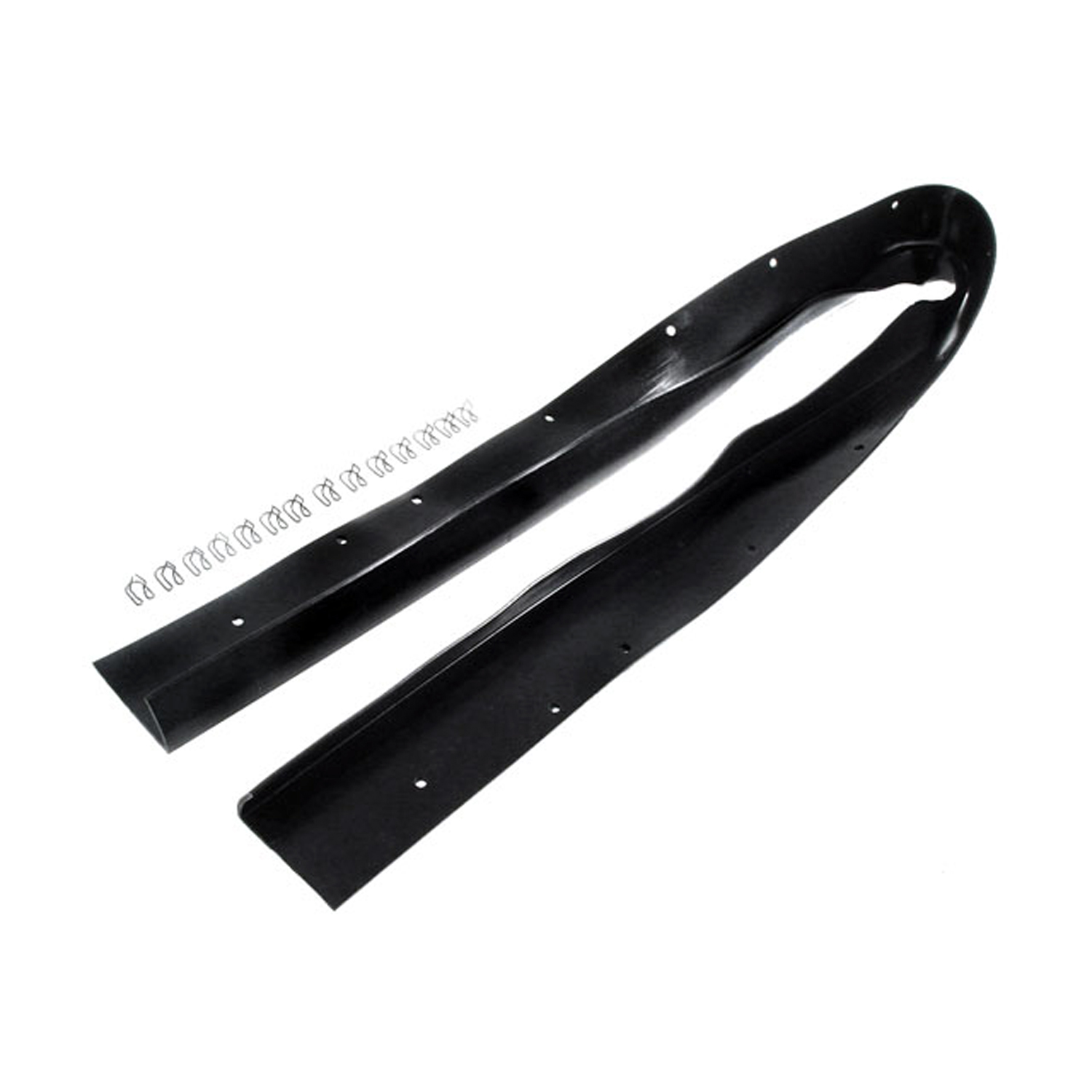 1968 Dodge Polara Hood to Radiator Seal, 62-5/8" Long. Each-CS 20-THood to Radiator Seal, 62-5/8" Long. Each
1968 Dodge Polara Hood to Radiator Seal, 62-5/8" Long. Each-CS 20-THood to Radiator Seal, 62-5/8" Long. Each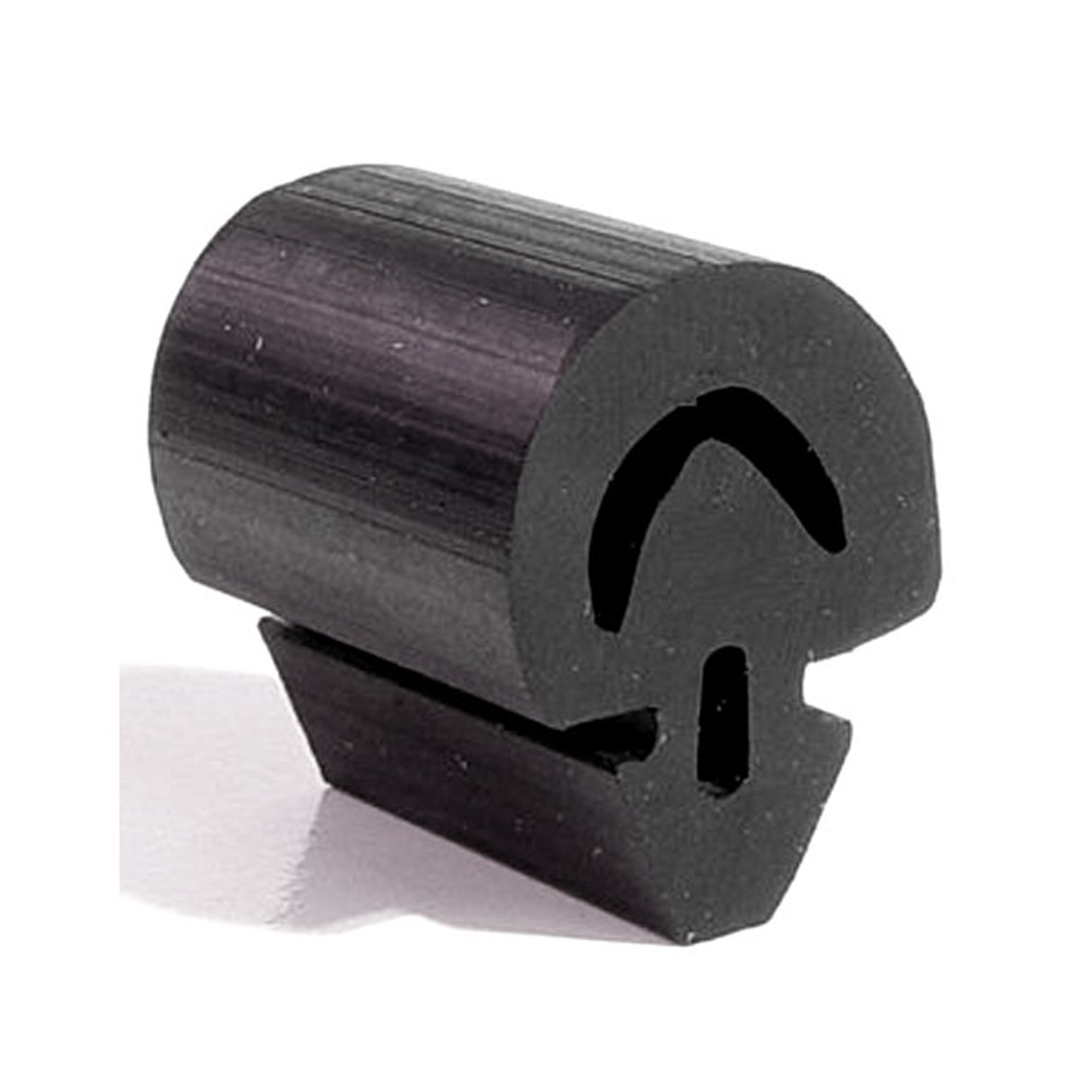 1968 Dodge Polara Door Bumper. 3/4" high X 1/2" wide X 5/8" long-DB 50-MDoor Bumper. 3/4" high X 1/2" wide X 5/8" long. Four used per car. Each
1968 Dodge Polara Door Bumper. 3/4" high X 1/2" wide X 5/8" long-DB 50-MDoor Bumper. 3/4" high X 1/2" wide X 5/8" long. Four used per car. Each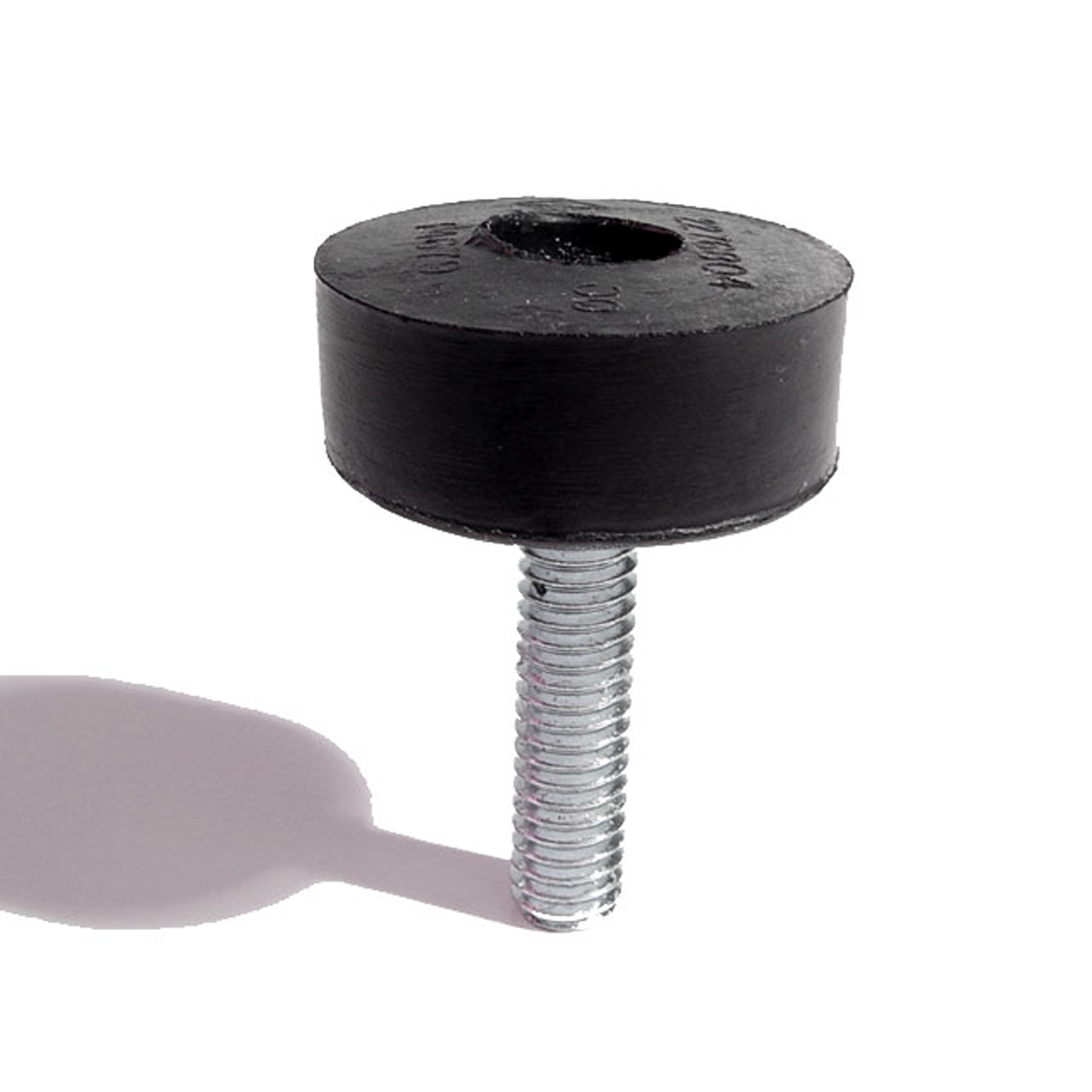 1968 Dodge Polara Hood Adjustment Bolt and Bumper-HA 8Hood Adjustment Bolt and Bumper. 1-3/16" diameter rubber head. 5/16" thick X 18 threads/inch X 1-1/4" long bolt. Each
1968 Dodge Polara Hood Adjustment Bolt and Bumper-HA 8Hood Adjustment Bolt and Bumper. 1-3/16" diameter rubber head. 5/16" thick X 18 threads/inch X 1-1/4" long bolt. Each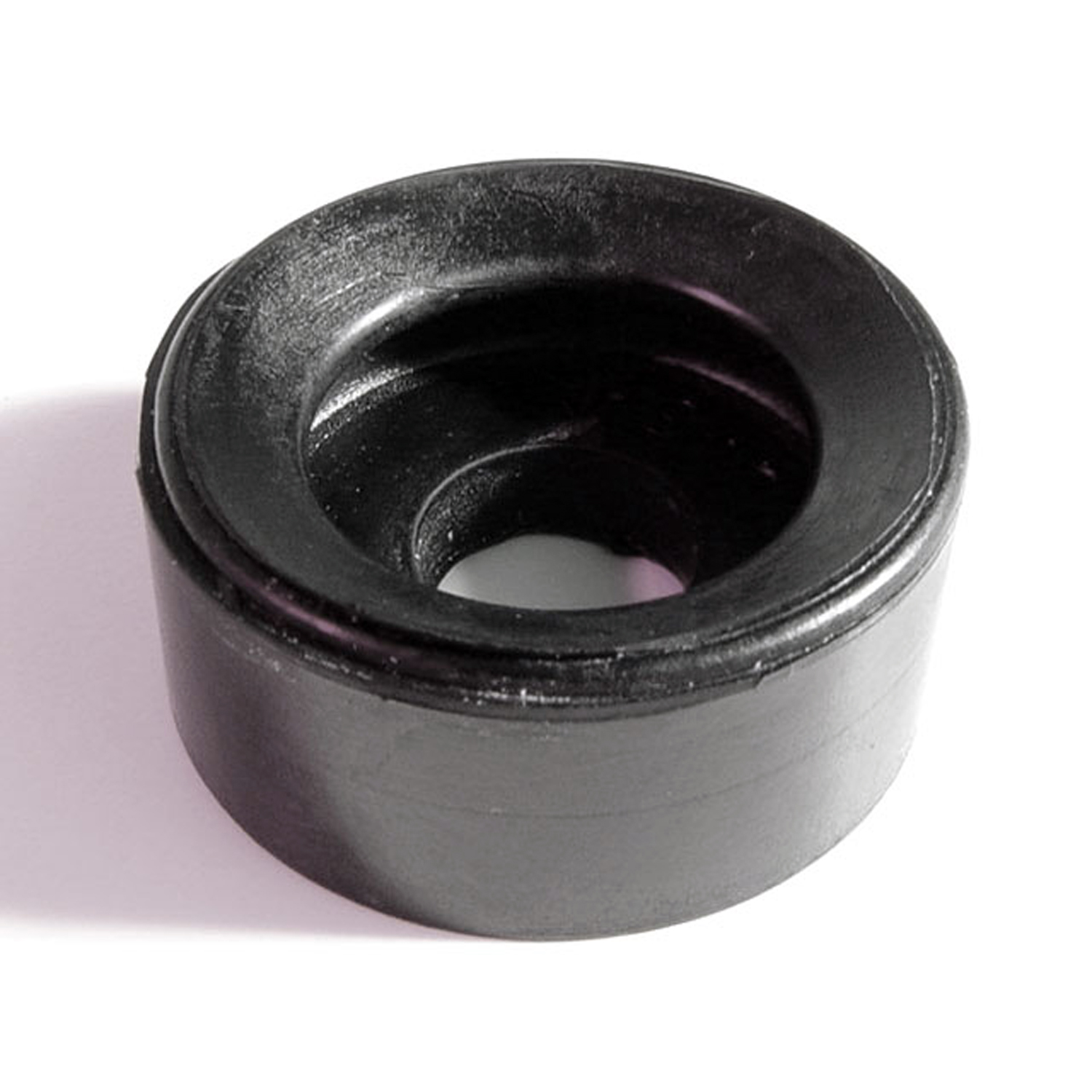 1968 Dodge Polara Hood Adjustment Bumper. 1-1/4" O.D-HA 8-AHood Adjustment Bumper. 1-1/4" O.D., 3/4" large hole, 7/16" small hole, 1/2" thick. Each
1968 Dodge Polara Hood Adjustment Bumper. 1-1/4" O.D-HA 8-AHood Adjustment Bumper. 1-1/4" O.D., 3/4" large hole, 7/16" small hole, 1/2" thick. Each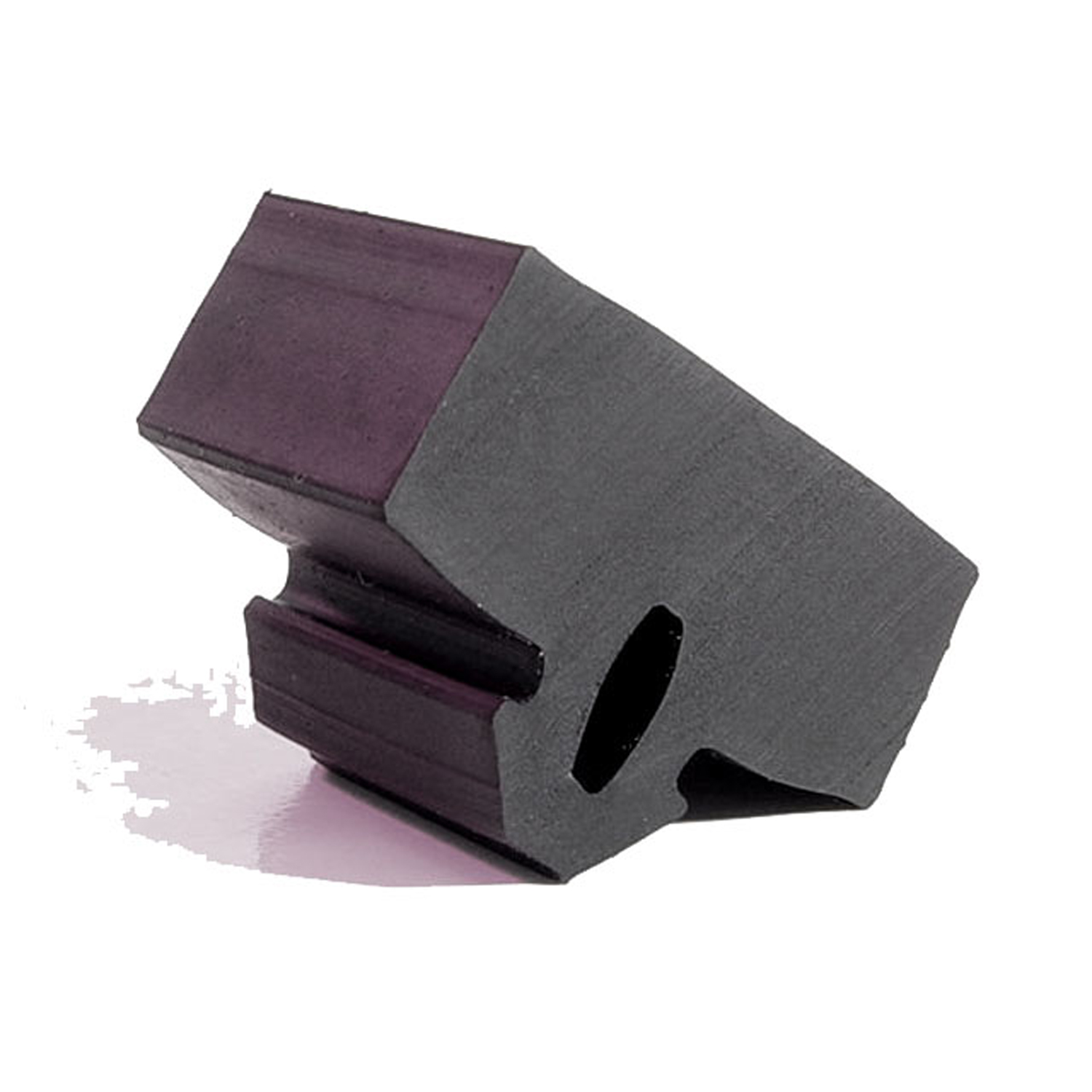 1968 Dodge Polara Trunk Bumper. Each-HF 62Trunk Bumper. Each
1968 Dodge Polara Trunk Bumper. Each-HF 62Trunk Bumper. Each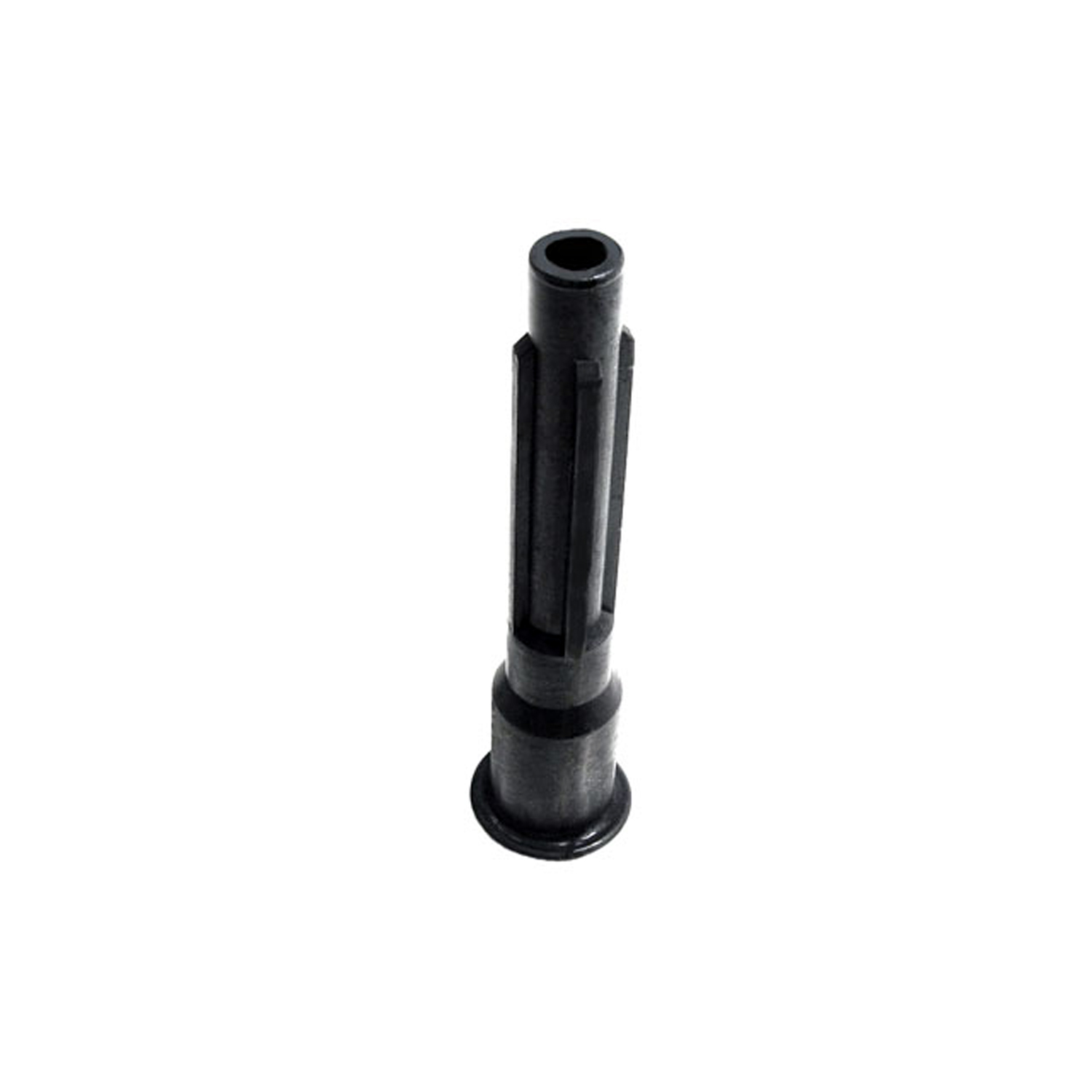 1968 Dodge Polara Flexible Spark Plug Boot, used on Hemi's with power brakes-RP 1-MFlexible Spark Plug Boot, used on Hemi's with power brakes. 4" long, 5/16" upper i.d., 5/8" lower i.d. Each
1968 Dodge Polara Flexible Spark Plug Boot, used on Hemi's with power brakes-RP 1-MFlexible Spark Plug Boot, used on Hemi's with power brakes. 4" long, 5/16" upper i.d., 5/8" lower i.d. Each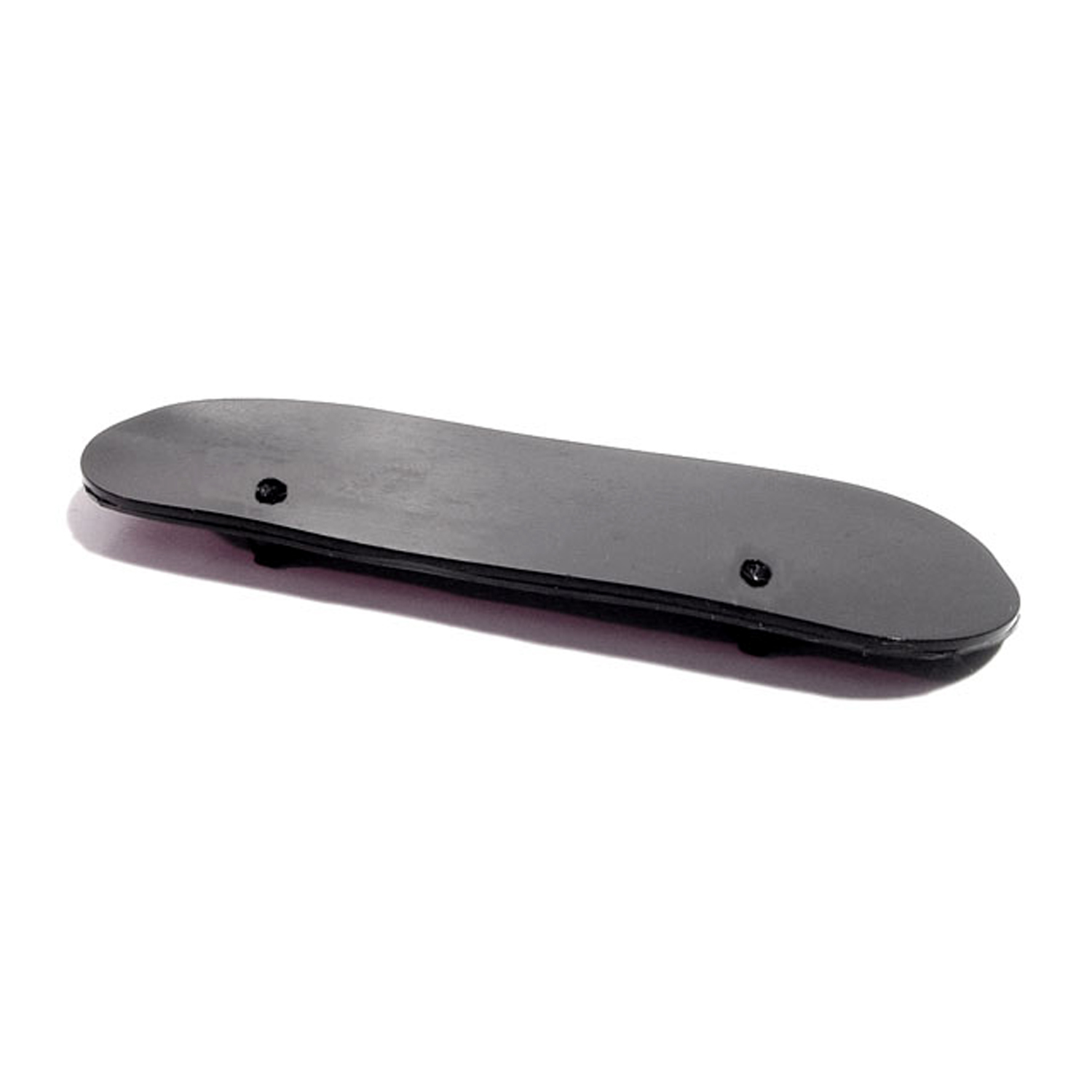 1968 Dodge Polara Drain Flap on Cowl. Each-RP 900-ADrain Flap on Cowl. Each
1968 Dodge Polara Drain Flap on Cowl. Each-RP 900-ADrain Flap on Cowl. Each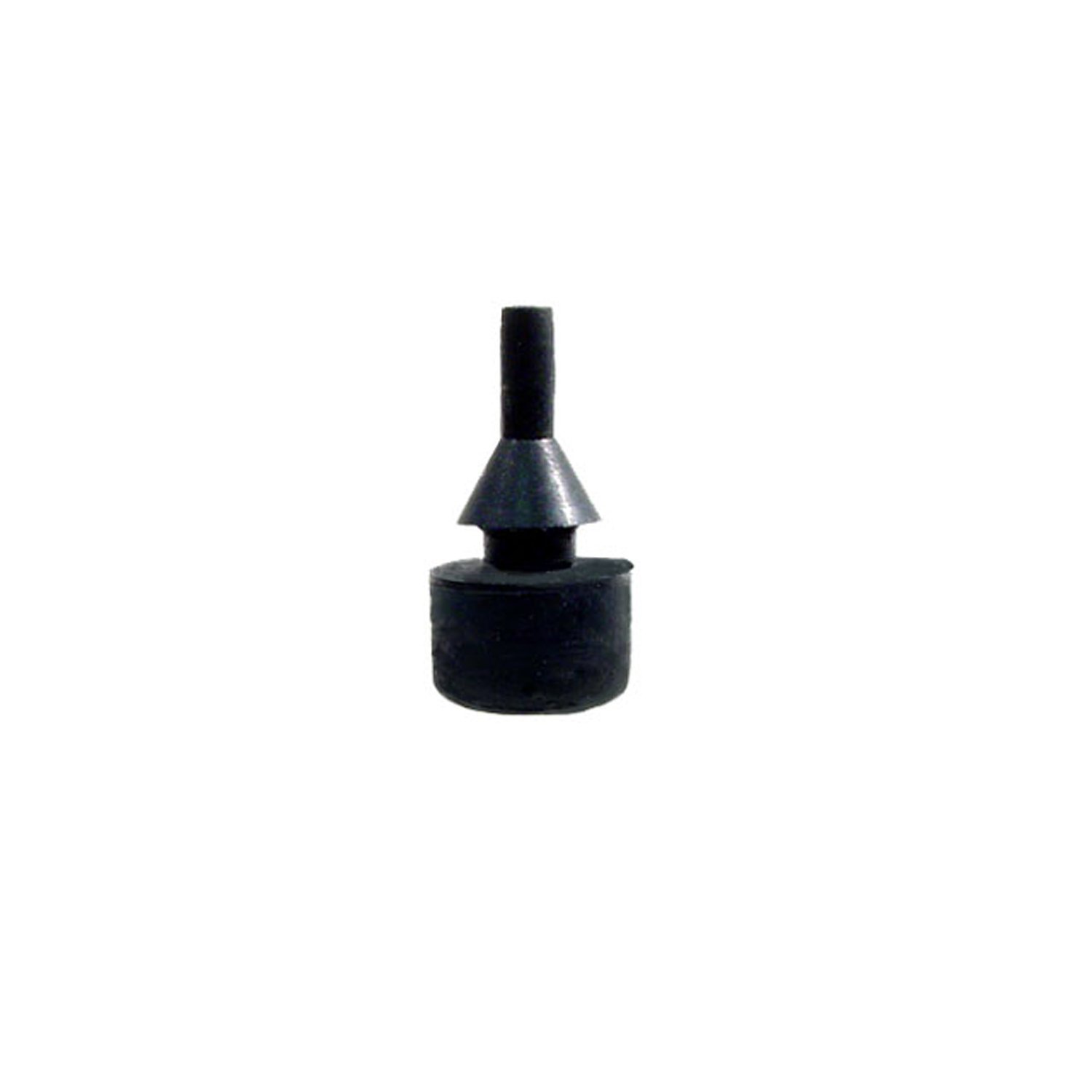 1968 Dodge Polara License Plate Bumper. 7/16" O.D., fits a 1/4" hole. Each-SB 86License Plate Bumper. 7/16" O.D., fits a 1/4" hole. Each
1968 Dodge Polara License Plate Bumper. 7/16" O.D., fits a 1/4" hole. Each-SB 86License Plate Bumper. 7/16" O.D., fits a 1/4" hole. Each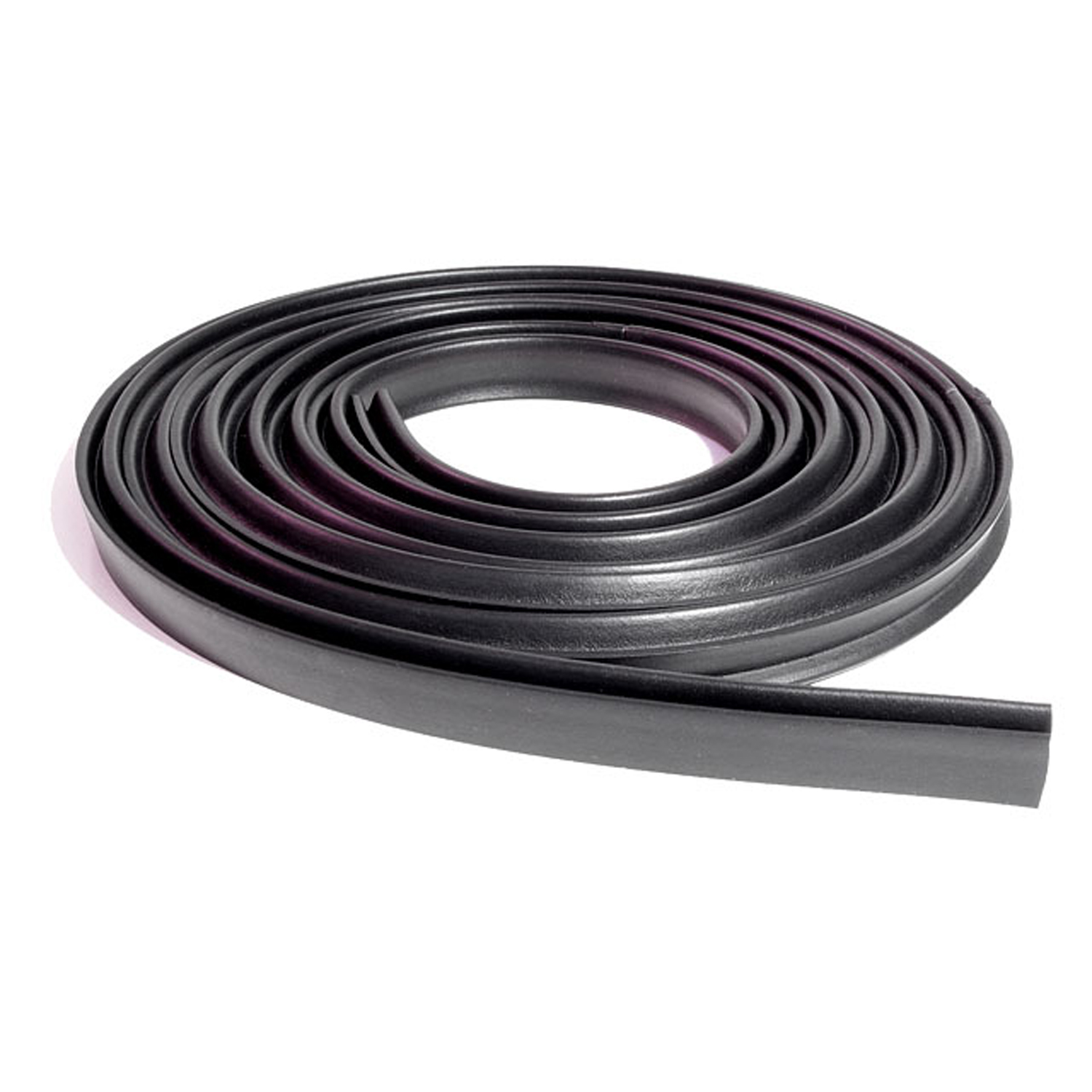 1968 Dodge Polara Trunk Seal. Each-TK 2328Trunk Seal. Each
1968 Dodge Polara Trunk Seal. Each-TK 2328Trunk Seal. Each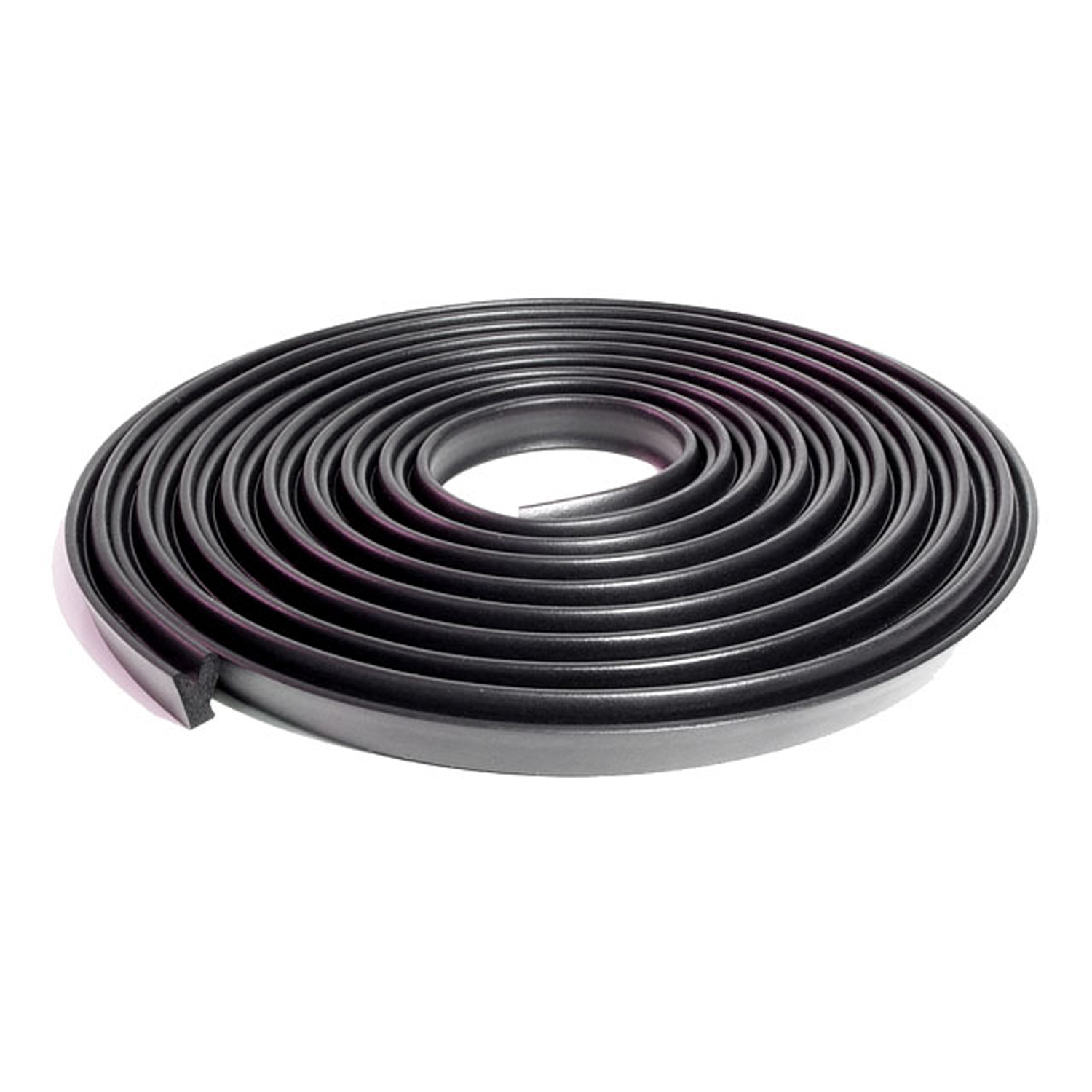 1968 Dodge Polara Trunk Seal-TK 64-A/18Trunk Seal. For cars with flat (not D-shaped) trunk seal end profile. Each
1968 Dodge Polara Trunk Seal-TK 64-A/18Trunk Seal. For cars with flat (not D-shaped) trunk seal end profile. Each 1968 Dodge Polara Nylon Lock Cylinder Gasket. 1-1/4" O.D., 7/8" I.D. Each-UM 2700-104Nylon Lock Cylinder Gasket. 1-1/4" O.D., 7/8" I.D. Each
1968 Dodge Polara Nylon Lock Cylinder Gasket. 1-1/4" O.D., 7/8" I.D. Each-UM 2700-104Nylon Lock Cylinder Gasket. 1-1/4" O.D., 7/8" I.D. Each 1968 Dodge Polara Door Weather Strip to Inside Panel Clip-WF 7-DDoor Weather Strip to Inside Panel Clip. Made of white nylon, 3/8" long. Each
1968 Dodge Polara Door Weather Strip to Inside Panel Clip-WF 7-DDoor Weather Strip to Inside Panel Clip. Made of white nylon, 3/8" long. Each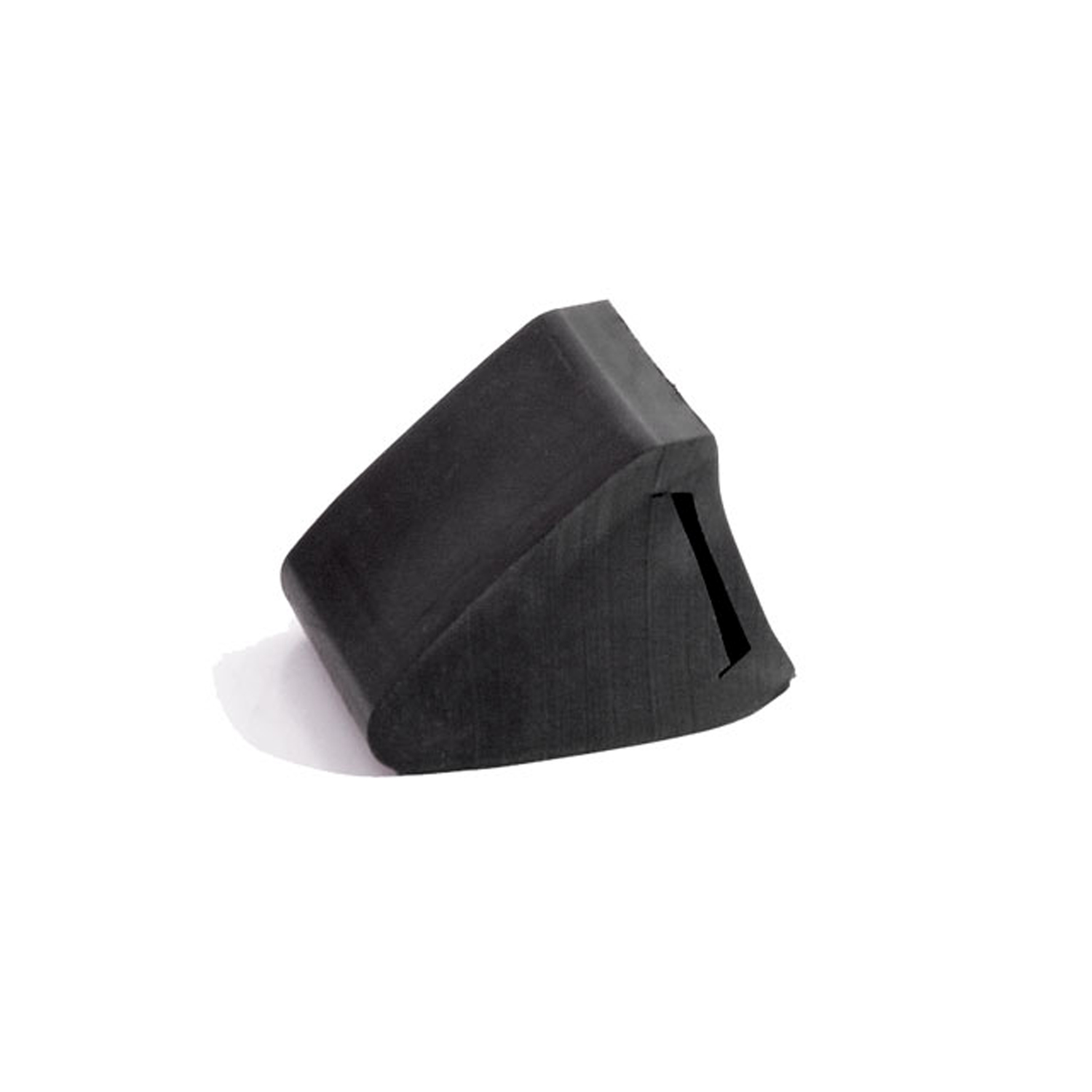 1968 Dodge Polara Suspension bumper. '62-up Mopar A-, B- and C-body-XB 1Suspension bumper. '62-up Mopar A-, B- and C-body. Fits over the rear axle. Each.
1968 Dodge Polara Suspension bumper. '62-up Mopar A-, B- and C-body-XB 1Suspension bumper. '62-up Mopar A-, B- and C-body. Fits over the rear axle. Each.Why Choose Metro?
For over 100 years, Metro Moulded Parts has been the pinnacle of quality in classic car restoration parts. Our commitment to precision and authenticity in every component ensures a perfect fit and an OEM-level appearance.
- Expert Craftsmanship & Quality: Each part is a testament to our dedication to reliability and perfection, crafted from original designs and thoroughly tested.
- Advanced Technology: We use cutting-edge techniques to create flawless, long-lasting parts that surpass others in performance.
- SuperSoft Sponge – The Ultimate Door Seal: Not only are our door seals 30% softer than competitors', but they're also guaranteed to never leak. They effectively reduce wind and road noise, enhancing your classic car's comfort and driving experience.
- Proudly American: Our parts are a product of American craftsmanship, made in the USA with a spirit of excellence and heritage.
- Unrivaled Warranty: We back our products with a 30-year industry-leading warranty, a testament to our confidence in their quality.
Join us in preserving the legacy of classic cars with parts that are crafted for perfection, not just made.

